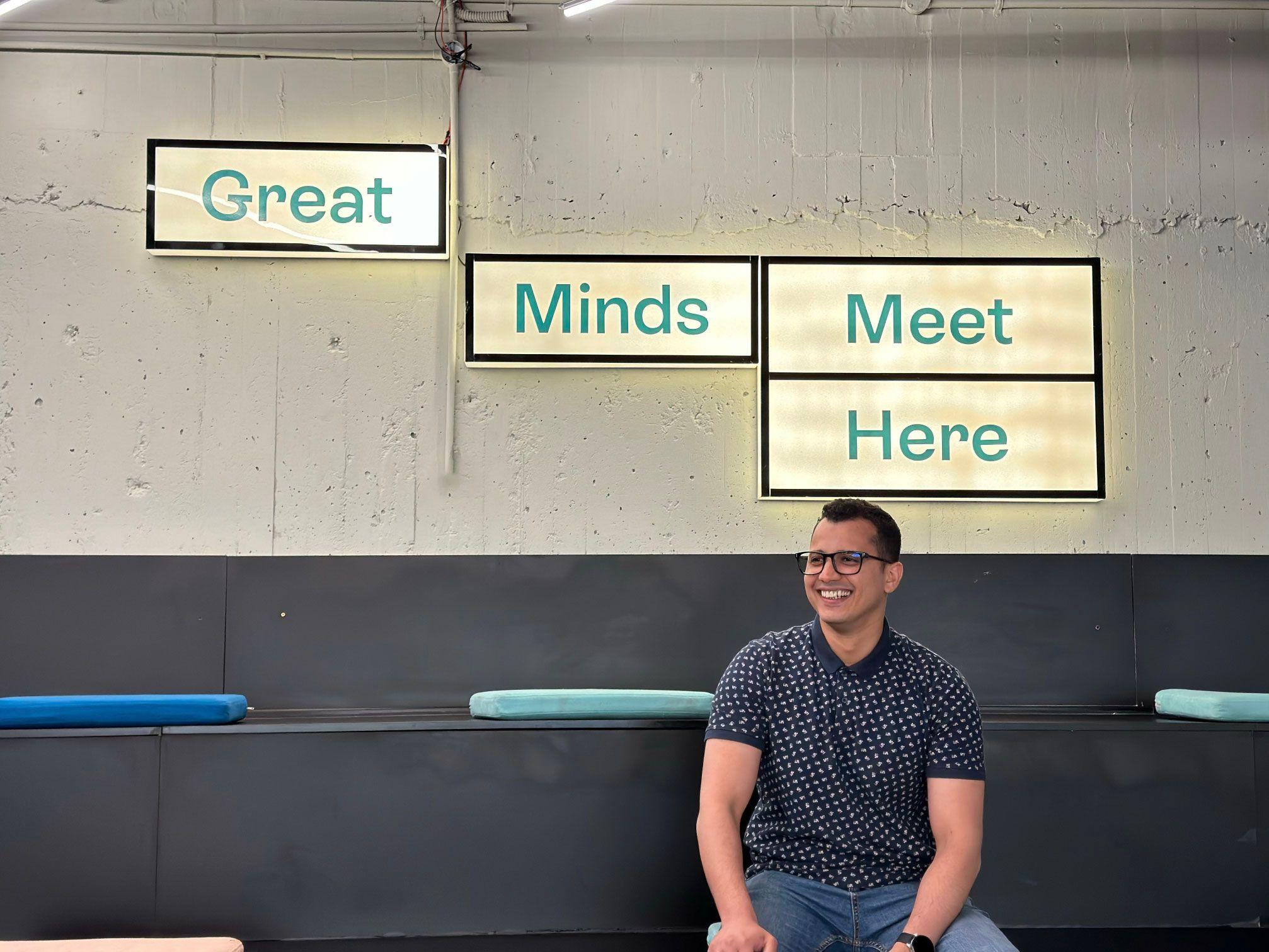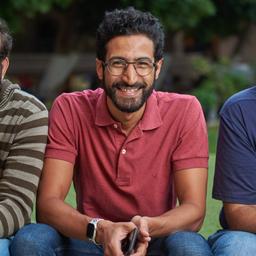What inspired you to pursue a career in product management?
I was inspired to pursue a career in product management because I wanted to be a part of the process of creating products that have a positive impact on people's lives. Over time, I realized that my skills and interests fit well into the world of product management. I enjoy working with cross-functional teams, analyzing data, conducting user research, and bringing new products to market. I find it incredibly satisfying to see people using and benefiting from products that I have helped create.

Can you walk us through a typical day in your role as a product manager? What are some of the main challenges and responsibilities you face?
A typical day in my role as a product manager involves a lot of communication and collaboration with various stakeholders. I start my day by reviewing user feedback and analyzing data to identify areas for improvement. I then work with cross-functional teams to develop and prioritize new features and enhancements. Throughout the day, I communicate with developers, designers, and other team members to ensure that projects are on track and that everyone is aligned on the product vision. One of the main challenges I face is balancing competing priorities and resources. Additionally, I have to be able to communicate complex technical ideas to non-technical stakeholders and ensure that everyone is aligned on the product roadmap and vision. This can be challenging, but it is also a vital part of the product manager's roleOne of the main challenges I face is balancing competing priorities and resources. Additionally, I have to be able to communicate complex technical ideas to non-technical stakeholders and ensure that everyone is aligned on the product roadmap and vision. This can be challenging, but it is also a vital part of the product manager's role.

How do you approach designing and developing new product features? What factors do you take into account, and what is your process for turning ideas into actionable plans?
When designing and developing new product features, I take into account a variety of factors, including user needs, market trends, and technical feasibility. I work closely with the design and development teams to turn ideas into actionable plans, and we prioritize features based on their potential impact on users and the business. We also consider the technical feasibility of each feature, taking into account factors like development time, cost, and complexity. My process for turning ideas into actionable plans typically involves conducting user research and gathering feedback from stakeholders. We then use this information to create PRDs, user stories and wireframes, which we review with the development team to ensure that the feature is technically feasible. We also consider the potential impact of each feature on the user experience and the business as a whole. By taking a holistic approach to product development, we are able to create products that are both technically feasible and valuable to users.My process for turning ideas into actionable plans typically involves conducting user research and gathering feedback from stakeholders. We then use this information to create PRDs, user stories and wireframes, which we review with the development team to ensure that the feature is technically feasible. We also consider the potential impact of each feature on the user experience and the business as a whole. By taking a holistic approach to product development, we are able to create products that are both technically feasible and valuable to users.
How do you stay up-to-date with the latest trends and developments in the fintech industry, and how do you incorporate that knowledge into your work at axis?
I do this by attending industry conferences, reading industry publications, and networking with other professionals in the industry. I also stay informed through online communities and social media, where I can connect with other product managers and industry experts. At axis, we also have a culture of continuous learning and improvement, and we encourage team members to share their knowledge and expertise with each other. We have regular team meetings and brainstorming sessions where we discuss new ideas and trends, and we work together to incorporate this knowledge into our product development process. By staying up-to-date with the latest trends and developments in the fintech industry, we are able to create products that are innovative, valuable, and competitive in the market.
What are some essential books that you would recommend for product managers, and what makes these books valuable reads?
These are the three books that I recommend for aspiring product managers to read:
"Inspired" by Marty Cagan - This book is a must-read for product managers who want to learn how to create successful products. Cagan provides practical guidance on all aspects of the product management process, from ideation to launch. One key takeaway from this book is the importance of creating a strong product vision and using it as a guide for decision-making throughout the product development process.
“The Lean Startup" by Eric Ries - This book is a classic for product managers who want to learn how to build a successful startup. Ries introduces the concept of the lean startup, which is a methodology for developing products through rapid experimentation and customer feedback. The book provides practical advice on how to validate product ideas, test assumptions, and build a sustainable business. One key takeaway from this book is the importance of building a Minimum Viable Product (MVP) to test the market and iterate quickly based on customer feedback.
"Cracking the PM Interview" by Gayle McDowell - This book is a useful resource for product managers who are preparing for job interviews. It provides practical advice on how to prepare for interviews, what to expect during the interview process, and how to answer common interview questions. One key takeaway from this book is the importance of being able to articulate your product vision and strategy clearly and concisely.

